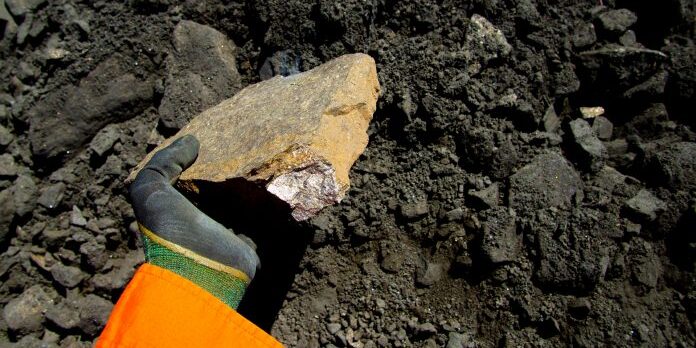
Nickel is a metal that has many applications in various industries, such as stainless steel, batteries, coins, magnets, and catalysts.
It is also a vital element for living organisms, as it is part of some enzymes and proteins. Nickel is widely distributed in the Earth’s crust, but most of it is found in the core. Therefore, mining nickel from the surface rocks is a challenging and expensive process.
Africa is a continent that has rich mineral resources, including nickel. According to Statista, South Africa was the largest producer of nickel in Africa in 2021, with an output of about 31,800 metric tons. Other African countries that produce nickel include Botswana, Madagascar, Zimbabwe, and Tanzania.
The main sources of nickel in Africa are lateritic deposits, which are formed by the weathering of ultramafic rocks that contain nickel-bearing minerals.
The demand for nickel is expected to grow in the future, as it is essential for the development of renewable energy technologies, such as electric vehicles and solar panels.
Nickel can improve the performance and durability of batteries and reduce their environmental impact. It can also enhance the efficiency and stability of solar cells and reduce their cost.
Therefore, nickel is a strategic metal that can contribute to the transition to a low-carbon economy. However, mining nickel also poses some environmental and social challenges, such as land degradation, water pollution, greenhouse gas emissions, human rights violations, and conflicts over land and resources. Therefore, it is important to ensure that the extraction and processing of nickel are done in a responsible and sustainable manner, respecting the rights and interests of local communities and protecting the natural environment.





